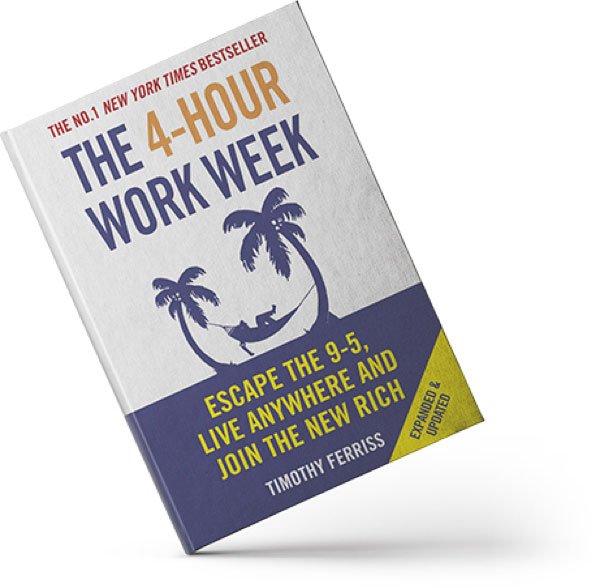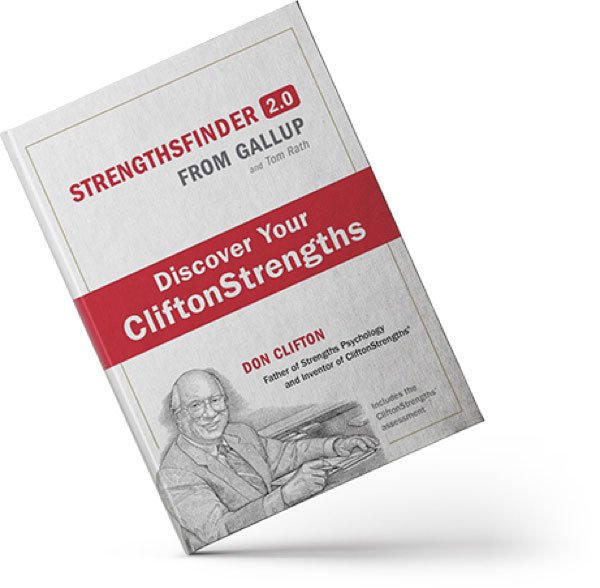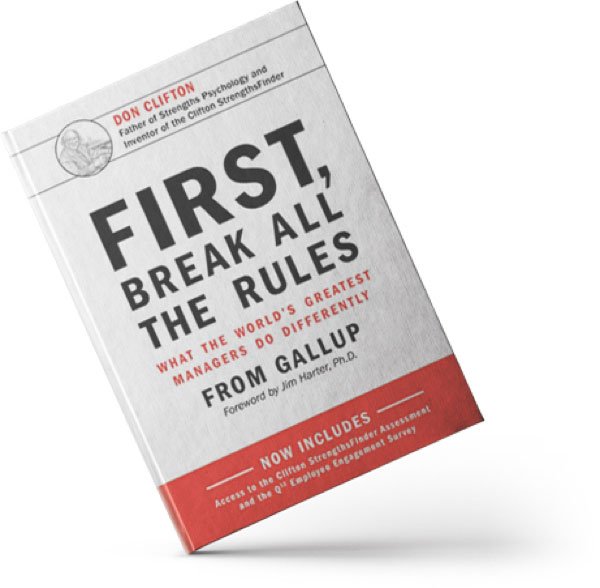On Thursday 16 November, the CP Deals team welcomed Managing Partners, CEOs and senior leaders from a number of professional services firms to Soho’s award-winning Bocca Di Lupo.
On the agenda, a delicious roundtable lunch, paired with a lively discussion that captured our guests’ insights and best practice tips, based on their experiences of living through a transaction and working alongside investors.
We were delighted to welcome guests from a range of sectors, including legal firms, ESG advisory, pensions and insurance.
The afternoon treated us to a whole host of questions, recurring themes and brilliant tips, and we’ve summarised all the best bits below.
ROUNDTABLE ROUNDUP: KEY TOPICS
1) What is attractive about a professional services company to private equity?
A massively important question, but one which our leaders had no trouble answering.
In their experience, private equity investors look for high-quality, strong, strategically focused management teams and favour companies with a diverse range of services to spread risk, recurring revenue and a B2B model for greater resilience in the face of recession.
There is a strong investor interest in professional services right now due to the fragmented nature of the market and the buy and build opportunity this brings. Increasing regulation is driving consolidation in the sector – we’ve seen similar regulatory pressure in healthcare (CQC) and financial services (FCA).
A business that can demonstrate successful acquisitions already or present a list of potential acquisition targets, to enhance their own growth story is particularly attractive.
Many businesses in the sector have achieved a certain scale organically and by tuck-in acquisitions but see a ceiling in their growth trajectory. Private equity investors, with their deep pockets, can supercharge this growth through acquisition and through investment in technology.
It was widely acknowledged that the inability to invest sufficiently in technology, particularly AI, is a real issue for the longer term, as there is a risk of being left behind.
2) Private Equity investor involvement
Our guests were keen to know how much day-to-day involvement private equity investors have, and what this looks like?
CEOs need to get used to having a boss again. This does however provide a sounding board to run big decisions past before turning ideas into reality. Our guests agreed private equity investors typically provide quick decisions supported by data, so long-drawn-out board decisions are a thing of the past.
Also, guests were keen to understand what it means practically for the second tier of management when investors come on board and how to best incentivise them, whether it be a bonus, a long-term incentive plan or sweet equity.
3) The importance of KPIs
When you’re working with private equity investors, it can take time to get used to the importance they place on KPIs.
You’ll notice a step change in the reporting demands and the sophistication of the data analysis to support decision making.
The positive is private equity can be objective. They don’t dwell on dips. Instead, they just want to implement change to grow – it can be more difficult for a founder to do the same, who is so emotionally involved in their business.
4) Culture remains key
With professional services firms being ‘people businesses’, their ability to attract and retain top talent is important to private equity investors. What’s more, how well the business can protect and evolve that culture post-investment will be scrutinised, especially as it scales and welcomes more people.
When businesses grow quickly, they can lose the personal touch that made them a great place to work in the first place. We listened to examples where external experts came into a business, asked their people a series of questions and performed an evaluation of their culture from the bottom up, so investors could focus on the aspects that mattered most going forward.
With private equity companies growing quickly, maintaining culture is more difficult, and it’s never been more important for owners to set an example and lead from the front.
It was unanimously agreed that owners need to communicate, embed and embody a clear vision on culture, that needs to flow through the senior management team and beyond so everyone else in the business can bring it to life.
Our professional services guests spoke of managing generational divides and expectations, particularly around working practices (office-based vs. working from home) and the fact that younger generations tend to think in the shorter term than their older counterparts.
THE TABLE’S TOP TIPS
To wrap up our summary of a fascinating afternoon, we wanted to share some final tips from our professional services leaders regarding private equity.
Firstly, thinking two steps ahead. Who are your buyers? And who will be the next buyer?
Secondly, the importance of Vendor Due Diligence (VDD) as part of a transaction – a hugely beneficial step that more than pays for itself.
Thirdly, engaging with the right advisors early on to navigate business owners and management teams through a process.
Finally, preparing and rehearsing your management presentation to buyers to make sure you’re all aligned and own the information memorandum is one of the best ways to make the process as smooth as possible.
Thank you to all our guests for an excellent roundtable discussion.
Get in touch if you’d like to be part of the next event.




















